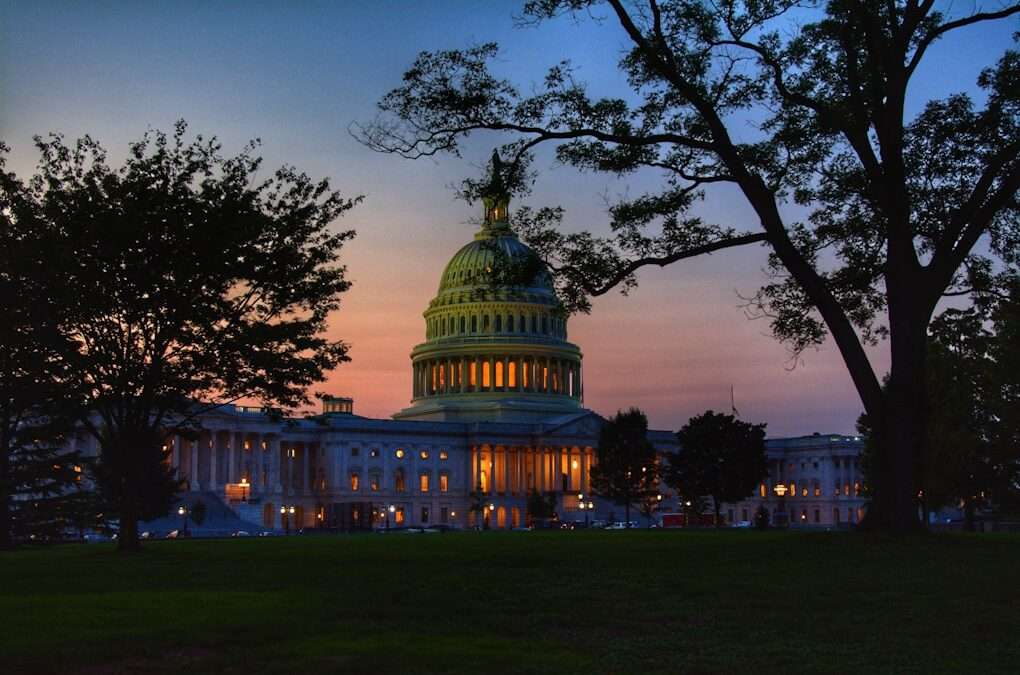Since TEFCA went live in December 2023, eight (8) organizations have been designated as Qualified Health Information Networks (QHINs). Each QHIN is a large information network that represents up to hundreds of HINs, health systems, public health agencies, payers, and IT vendors. Epic and Carequality recently announced that they would align their frameworks with TEFCA. TEFCA’s growth will be further supported by regulatory measures to incentivize network participation, such as the Information Blocking Rule.













